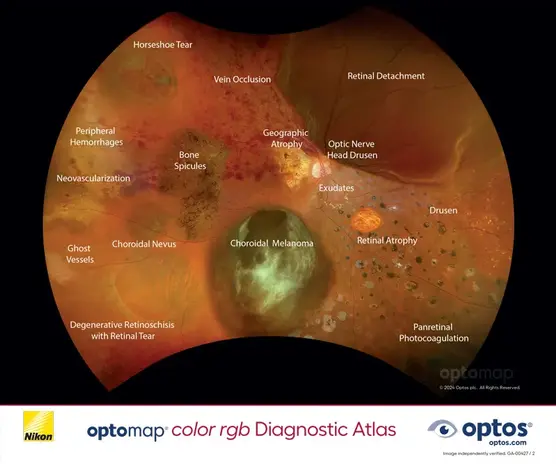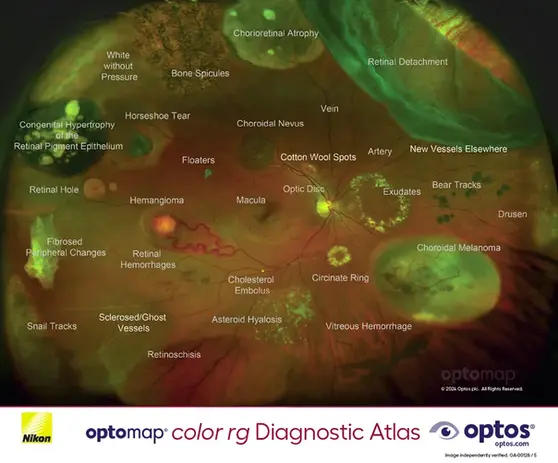Understanding Your Fundus Autofluorescence (FAF) Imaging
During your eye exam, we've recommended a Fundus Autofluorescence (FAF) test. This is a specialized imaging technique that allows us to see the health of the retina, a crucial layer at the back of your eye.
Why is this FAF Test Important for You?
An FAF test provides valuable information about the health and function of the retina. This detailed visualization can help us:
-
Establish a detailed baseline of your retinal health: This allows us to monitor for any future changes in the retina more effectively.
-
Identify early signs of retinal diseases: FAF can detect subtle changes in the retina that may precede or accompany various retinal conditions, such as macular degeneration, inherited retinal dystrophies, and other retinal disorders.
-
Monitor the progression of existing retinal conditions: For patients already diagnosed with retinal diseases, FAF can help us track the changes in the retina over time and assess the effectiveness of treatment.
-
Provide a more comprehensive understanding of your overall eye health: Assessing the health of the retina is an important component of a thorough eye evaluation.
Why do we need to perform the FAF test at MEC?
To effectively analyze your retinal health, FAF testing requires the raw data for manipulation, visualization, and interpretation tailored to your specific clinical needs. General screening photos from other clinics often lack the necessary detail for this analysis. Our specialized FAF technology uses specific light wavelengths and imaging protocols, which may differ from other devices. Therefore, undergoing FAF testing at MEC on a yearly basis ensures your specialist has the comprehensive information and consistent baseline needed for accurate assessment of subtle retinal changes and optimal ongoing care.
The FAF test is quick, comfortable, and provides valuable information about the health of your retina without any injections or direct contact with your eye.
The fee for this test is $85.






